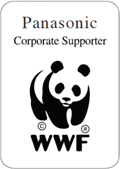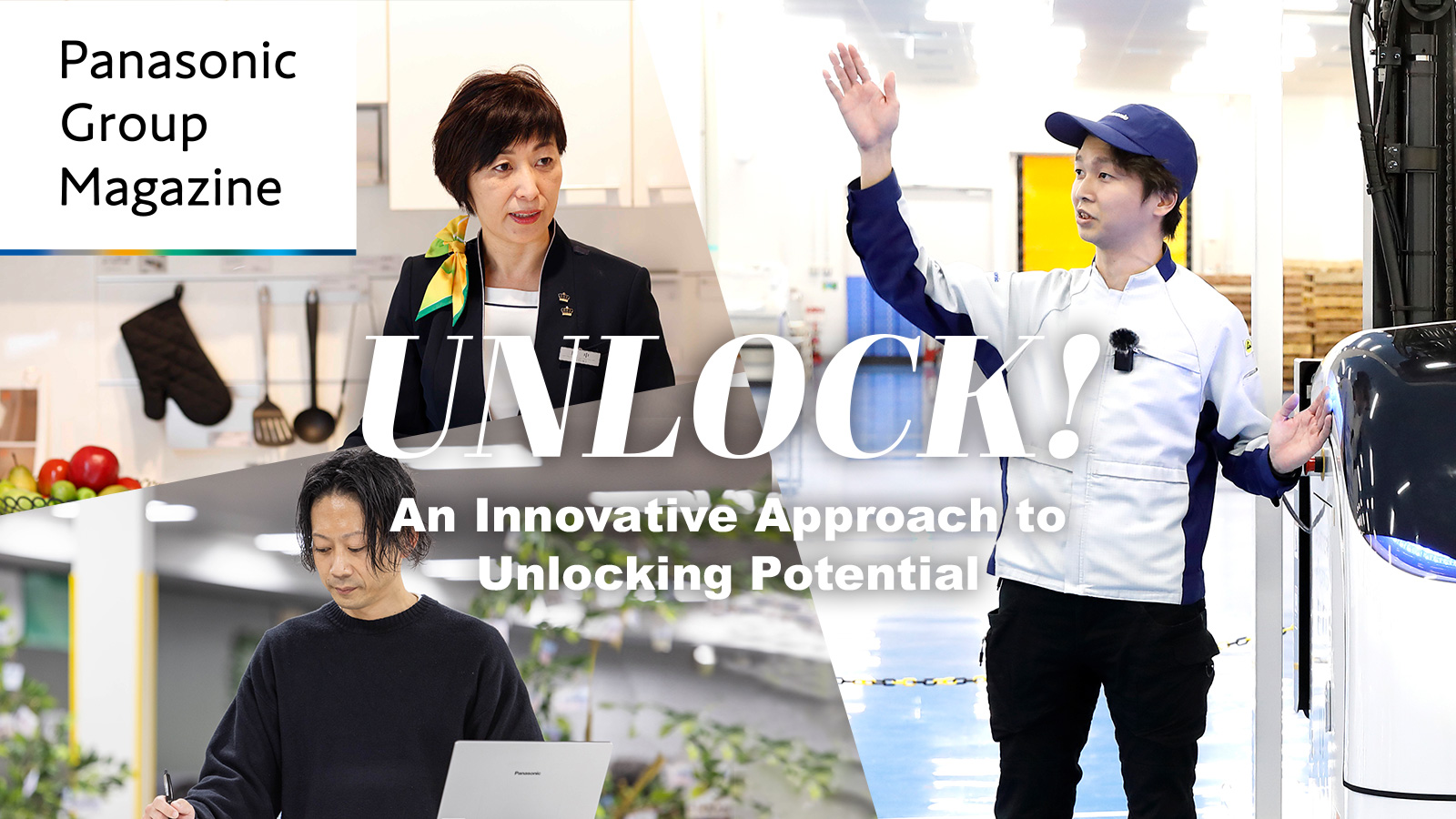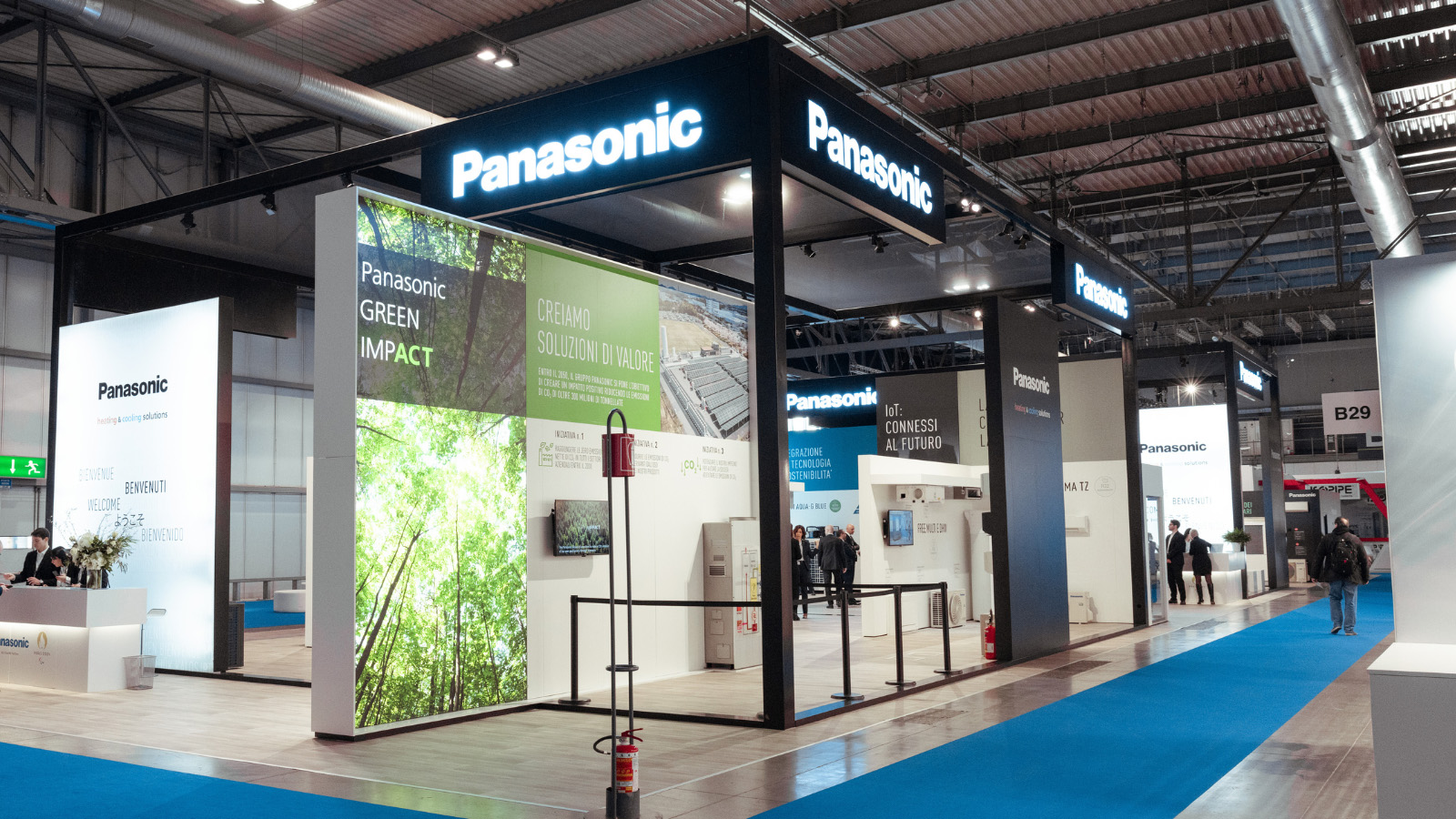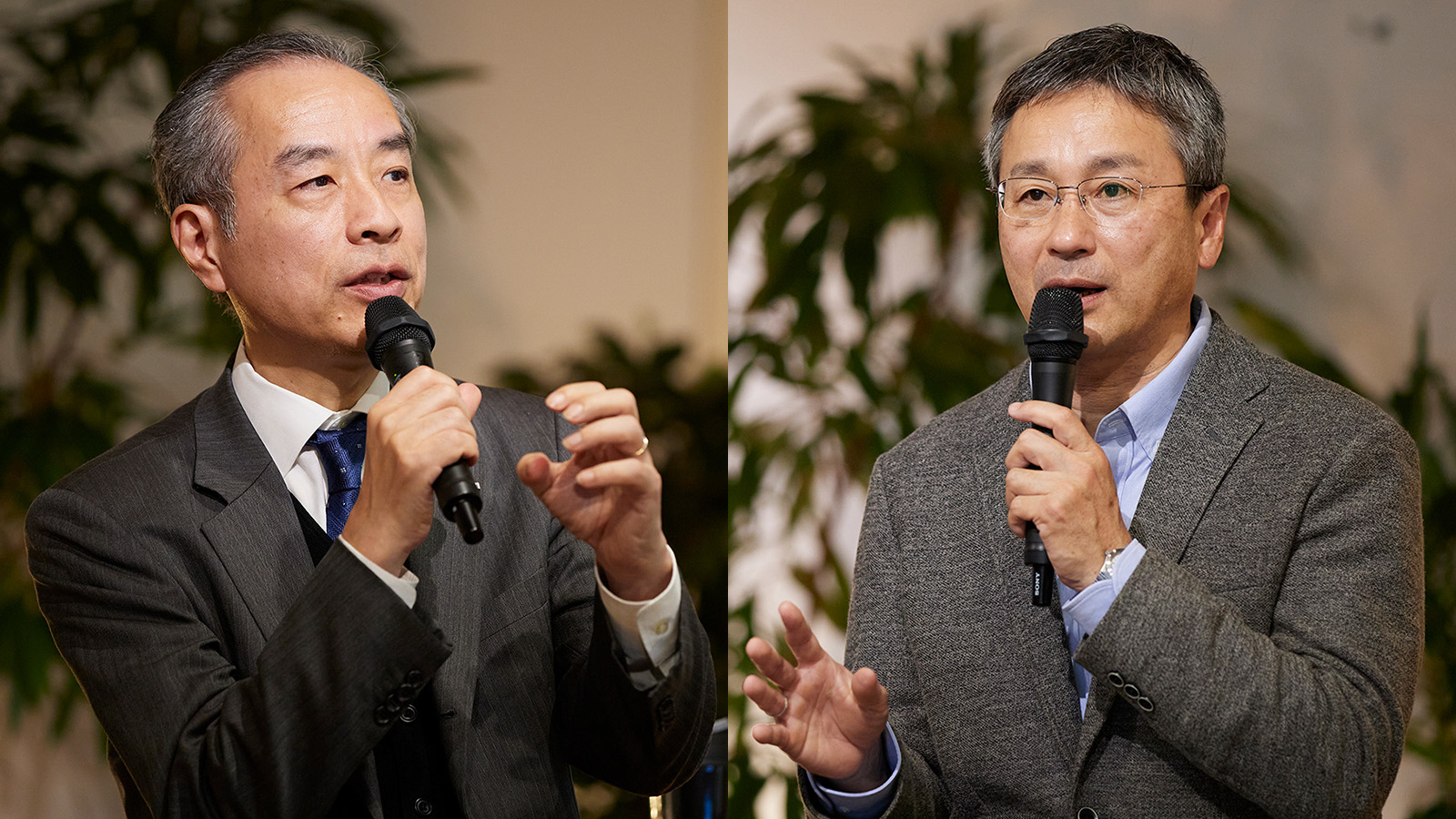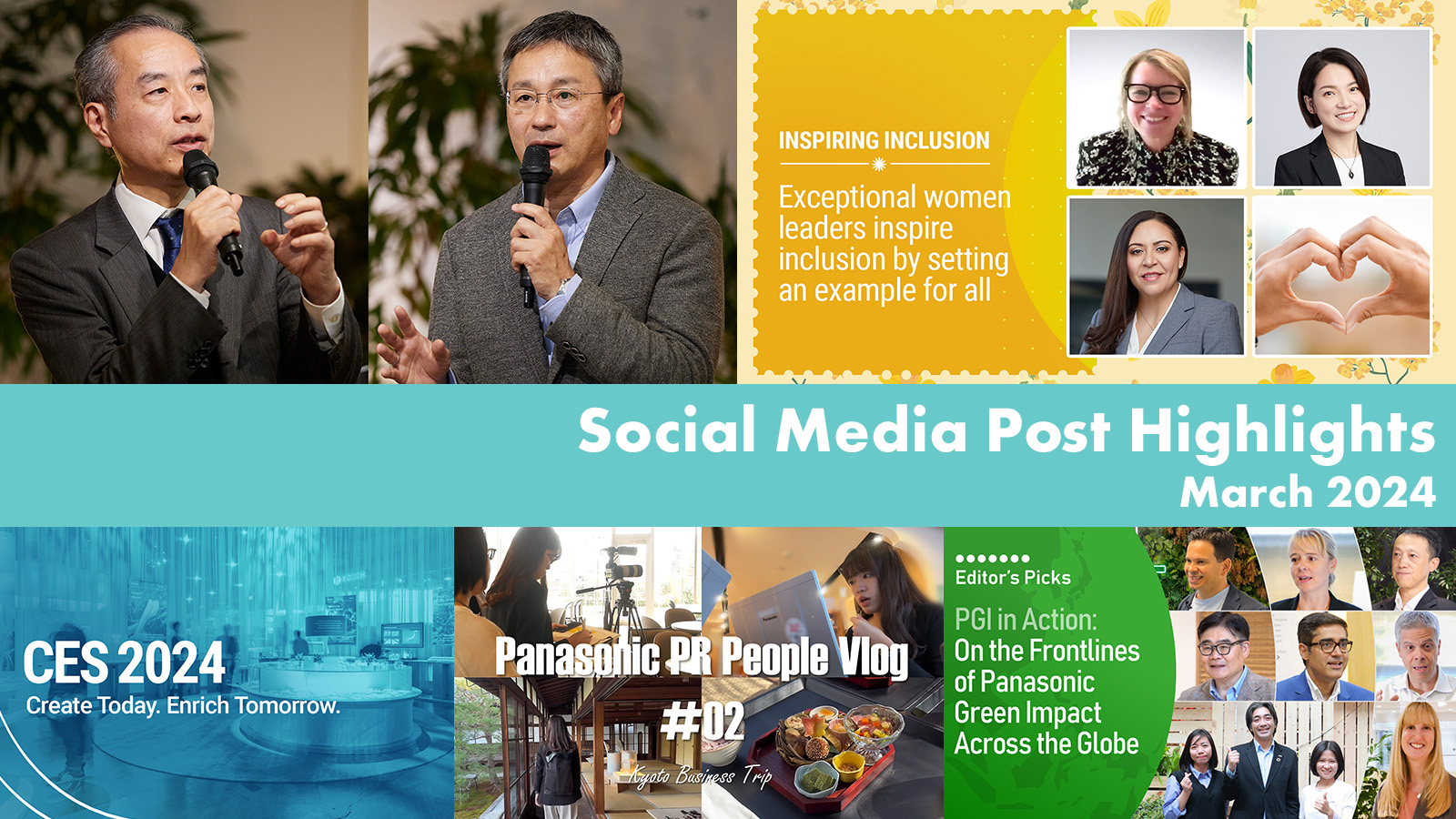Sep 07, 2007
Press Release
FOR IMMEDIATE RELEASE
Joint Project Launched to Protect the Yellow Sea
Beijing, China (September 7, 2007) - WWF and Panasonic -the leading brand by which Matsushita Electric Industrial Co., Ltd. is known- have announced the agreement of the Yellow Sea Ecoregion Support Project (YSESP) to conserve the health of marine ecosystem of the Yellow Sea, one of WWF's Global 200 that is listed as regions to be conserved with priority.
Initiated at the beginning of this year, the 7-year regional conservation project is schemed to realize the goal of securing sufficient public concern, appropriate protection, and effective management of the critical habitats of the Yellow Sea by supporting local communities' sustainable conservation activities. The project will be implemented in three phases to render a successful Asian coexistence model of marine ecosystem and human living that can be deployed in other parts of the world. Particular pilot areas in China and South Korea using international standard conservation methods will be set up to carry out conservation works with involvement of local communities.
The Yellow Sea surrounded by China and the Korean Peninsura is noted for the extremely high biodiversity due to its world-class continental shelf, having been enjoyed by people as a rich fishing ground and great recreational destination since ancient ages. The area including the Yellow Sea and the Bohai Sea that covers about 460,000 square kilometers has been specified by WWF as the "Yellow Sea Ecoregion (YSE)," which is listed as one of the 238 regions in the world that should be conserved with high priority.
A total of 23 Potential Priority Areas (PPAs) were identified after a science-based ecoregion planning project launched by WWF, Korean Ocean Research and Development Institute (KORDI) and Korean Environment Institute (KEI) in July 2002 to find the critical habitats for the maintenance of the biodiversity in the YSE. A map containing the PPAs results was published last December and adopted by UNDP for making its environmental policies towards the Yellow Sea.
The YSESP will be implemented by WWF in China in close cooperation with the State Oceanic Administration (SOA), while KORDI takes the primary responsibility in South Korea. Meanwhile, WWF will also work with State Environmental Protection Administration (SEPA) and State Forestry Administration (SFA) on other environmental issues. The recruitment of application for the small grant was also announced at the launch ceremony.
EDITORS' NOTES:
Features of The Yellow Sea Ecoregion Support Project:
- Balancing human livelihood and biodiversity
The Yellow Sea is said to be the "Asian village sea" because the livelihoods of people
living on the coast are heavily dependent on the ocean. Consequently, the most important
aspect of this project is balancing the development of human living and conservation of
the marine ecosystem. - An international project supported by a Japanese Corporation
This project is realized with support from Panasonic. This is the first instance of a Japanese corporation supporting an international biodiversity conservation project including China, South Korea, and Japan. The project duration is seven years. - Collaboration of private sector organizations of China, South Korea, and Japan
This project will be jointly led by WWF Japan, WWF China, and KORDI. These private sector organizations work together cross-regionally by making the most of each other's conservation experiences. - Working with UNDP
UNDP has been deploying the UNDP/Global Environment Facility Yellow Sea Project.
This project conducts cross-regional conservation policy in China and South Korea.
WWF recommends that UNDP adopts the Potential Priority Area Map of the Yellow Sea Ecoregion and its data into the UNDP policies. This will provide regional communities with international policies to solve their issues.
Structure of the Yellow Sea Ecoregion Support Project:
The 1st stage: August 2007 - March 2010
Assisting local communities in China and South Korea to promote public awareness and conservation activities through small grant, and offering an opportunity to exchange conservation methods, knowledge and experiences
The 2nd stage: January 2010 - March 2013
Setting up pilot areas using international conservation methods with local communities in China and South Korea to deploy conservation works
The 3rd stage: April 2013 - September 2014
Putting the conservation cases/results from the first and second phases in a report of accomplishments that is to be served as a successful Asian model of coexisting marine ecosystem and human living to be deployed in the other fields in the world
Panasonic supports the project as a Corporate Supporter of WWF
Panasonic (Matsushita Electric) agreed to support this project for its purpose of biodiversity conservation, considered one of the most important environmental issues, and for its cross-border nature involving China, Japan and South Korea. Panasonic supported the WWF Japan's Ariake Sea Project from 2000 to 2005. The conservation knowledge and expertise fostered in the Ariake project will be turned to practical use in the Yellow Sea Ecoregion Support Project.
Panasonic has established two corporate visions: contributing to the realization of the ubiquitous network society and living in harmony with the global environment. As to its corporate citizenship activities, based on the "nurturing and coexisting" as activity policy, the company has been deploying long term global activities focusing on its priority areas of children, environment and welfare. Based on these corporate policies, Panasonic will support the Yellow Sea Ecoregion Support Project for a seven year period. Panasonic is entitled as the Corporate Supporter, a WWF's international corporate partnership scheme, by WWF International for the support of the Yellow Sea Ecoregion Support Project. Panasonic is the first Asian company to be entitled as the Corporate Supporter. As a Corporate Supporter of WWF, Panasonic and WWF will be working together on the inclusive conservation activities, not only on the Yellow Sea Ecoregion Support Project but also on setting up Panasonic's Green Purchasing Policy of Paper with exchanging opinions with WWF. |
Starting open recruitment of small grant organizations
On September 7, WWF and KORDI started calling for organizations that will be granted financial and information support in the first stage of this project.
The application period is two months and ends on October 31. After closing, the application documents will be carefully screened. The grant recipients will be selected by the Project Advisory Group in December. The conservation activities by the selected organizations will be initiated from January through the end of December 2008. About five organizations in China and three organizations in South Korea are planned to start the first year activities.
Vision Statement:
The Yellow Sea Ecoregion Support Project will cooperate with partners to achieve the vision:
By 2020, the Yellow Sea becomes a sea where life-supporting critical habitats are effectively protected and managed; where populations of the most ecologically, economically, and culturally important species are restored and thriving; and where coastal communities enjoy a full spectrum of ecosystem services provided by a healthy large marine ecosystem.
For further information, please contact:
Tan Rui, Communications Officer, WWF China Tel: +86 10 6522 7100 ext. 3813 E-mail: rtan@wwfchina.org Hiroko Sakuma, Press Officer, WWF Japan Tel: +81 3 3769 1713 E-mail: sakuma@wwf.or.jp Hyunjoo Kang, KORDI Tel: +82 31 400 6070 Email: hjkang@kordi.re.kr Matsushita Electric Industrial Co., Ltd. (in Japan) Akira Kadota, International PR Tel: +81 3 3578 1237 Panasonic News Bureau Tel: +81 3 3542 6205 Panasonic Corporation of China Wang Ge, You Nan, Corporate Planning Department, Public Relation Section Tel: +86 10 6562 6233
The content in this website is accurate at the time of publication but may be subject to change without notice.
Please note therefore that these documents may not always contain the most up-to-date information.
Please note that German, French and Chinese versions are machine translations, so the quality and accuracy may vary.

